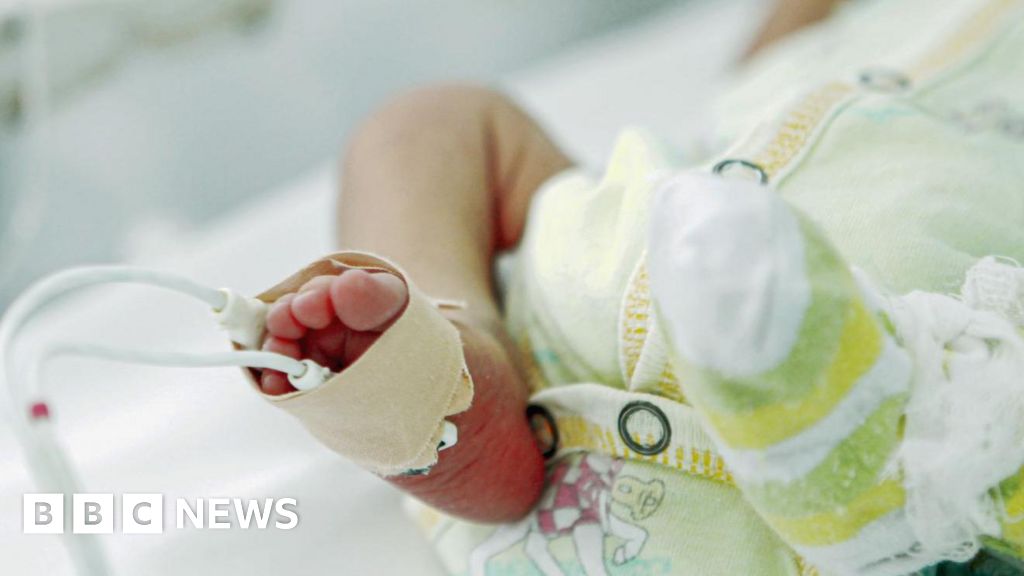Researchers at the Francis Crick Institute and Barts Cancer Institute, Queen Mary University of London, have shown that the amount of a protein called CD74 can indicate which people with bowel cancer may respond best to immunotherapy.
If integrated into the clinic, testing for this protein could potentially allow hundreds of previously ineligible patients to benefit from this type of treatment.
Bowel cancer is the fourth most common cancer in the UK, and the second most common cause of cancer death. The disease falls into two types: one where proteins that repair errors in DNA are missing or deficient (the deficient subtype), and one where this machinery is intact (the proficient subtype).
Cancer immunotherapy drugs, which boost the immune system to fight the tumour, have revolutionised the treatment of the deficient subtype of colorectal cancer.
However, these drugs only work in about half of these individuals, and people with the proficient subtype, who represent ~90% of all cases, currently aren’t eligible for immunotherapy treatment.
In a study published today in Cancer Cell, the researchers investigated why immunotherapy only works for certain people with bowel cancer, and how we might increase the number of patients who can benefit from this treatment. They found that the levels of expression of a protein called CD74 can predict response to immunotherapy, independent of subtype.
The importance of the immune environment
The team first studied the immune cells surrounding different tumours, as the presence or absence of these cells can play a major role in a person’s response to immunotherapy. They examined samples from both subtypes, and from people who responded to immunotherapy drugs versus people who didn’t.
They found that three types of immune cells needed to be present for the tumour to respond to treatment: fighter cells called T and NK cells, and cells called macrophages, which present flags on their surfaces to highlight a threat to the body.
When all three immune cell populations were present and near to cancer cells, the T cells produced molecules called interferons, which triggered a signal in macrophages and tumour cells.
This signal was much higher in tumours of the deficient subtype that responded to immunotherapy, but, surprisingly, some patients in the proficient subtype also produced a comparable signal, suggesting that their immune system may be in the right state to benefit from immunotherapy.
CD74: a marker for immunotherapy response
The team next looked for a simple way to check whether the immune system was in the right state for immunotherapy to be successful.
Using a cutting-edge technique called spatial transcriptomics, they observed that T cells stimulated nearby macrophages and tumour cells to produce a protein called CD74 and that tumours that were responding to immunotherapy drugs produced higher levels of CD74.
To test whether CD74 might hold promise as a clinical marker to predict which patients would benefit from immunotherapy, the researchers studied samples from several international clinical trials testing immunotherapy in groups of people with the proficient subtype.
They found that people who responded to immunotherapy had significantly higher levels of CD74 than those who did not respond.
The results suggest that measuring CD74 levels could predict whether someone with bowel cancer will respond to immunotherapy, independent of which type they have.
Crucially, this means that some people with the proficient subtype, who are currently ineligible for immunotherapy, might benefit from this treatment.
Francesca Ciccarelli, Principal Group Leader of the Cancer Systems Biology Laboratory at the Crick, and Professor of Cancer Genomics at Queen Mary University of London’s Barts Cancer Institute, said: “Immunotherapy drugs can be hugely successful for people with bowel cancer, but currently the majority of patients can’t be prescribed these drugs and, even when patients are eligible, we don’t know upfront who will respond.
“Our work suggests that testing for CD74 levels — which signal that the immune system is ‘just right’ to fight the tumour — could widen access to immunotherapy. This could revolutionise treatment for a sizeable fraction of people with the proficient bowel cancer subtype, which is a large number of patients across the UK in real terms. It could also be used to identify people with the deficient subtype who won’t respond, saving them from experiencing side effects unnecessarily.”
Kalum Clayton, former postdoc at the Crick and joint first author with Pietro Andrei and Amelia Acha, said: “Our work shows how state-of-the-art technologies coupled with computational analysis can address important clinical questions. As an early career research scientist, seeing the potential of our work to provide benefit to patients and their families is greatly rewarding.”
The research team are now working with Cancer Research Horizons to develop the findings into a test that can work in the clinic. They will also research why macrophages and tumour cells overexpress CD74, and whether this marker is present in other types of cancer.
Anna Kinsella, Science Engagement Manager at Cancer Research UK, said: “Immunotherapy treatments, such as immune checkpoint inhibitors, use the power of the immune system to fight cancer. Whilst these treatments benefit some people with bowel cancer, they aren’t effective for everyone.
“Although further research is needed, studies like this — diving deep into the biology of tumours — help researchers find ways to predict when immunotherapy is likely to work. In the future, this could help clinicians tailor treatment and allow more people with bowel cancer to benefit from immunotherapy.
“Understanding the biology of cancer is vital to unlocking better ways to prevent, detect and treat it, so that people can live longer, better lives free from the fear of cancer. That’s why at Cancer Research UK, discovery research is at the heart of everything we do.”
The team also worked with UCL, the University of Pisa, King’s College London, the Sarah Cannon Research Institute and the Veneto Institute of Oncology.

